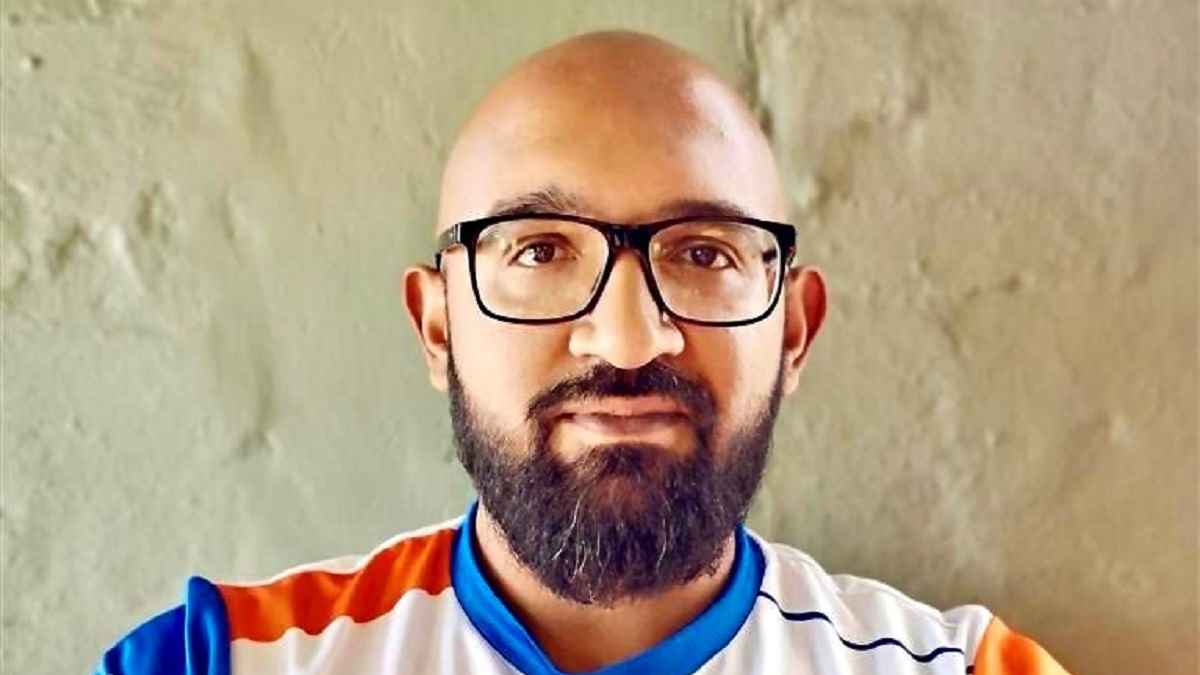Modern customers expect fintechs to focus as much on the experience they provide as the products and services being offered
CAPE TOWN, South Africa, February 14, 2023/APO Group/ —
By Lelen Udayan, head of customer experience at Mukuru (www.Mukuru.com)
By definition, a truly frictionless customer experience (CX) is unobtainable even though it is the end state every fintech company strives for. Along the way, the focus falls on providing enhanced experiences that stem from the points of friction identified across the customer journey. In doing so, businesses can improve on the products, processes, and services they deliver.
According to Gartner (https://apo-opa.info/3lyxYiG), this requires fintechs to remove the elements that create unnecessary friction or make it unnecessarily difficult for customers to access products and services. To this end, Gartner repositions (https://apo-opa.info/3E4pZ3f) frictionless as rather about creating an effortless experience. This is important as it shifts the spotlight from what it calls ‘feel good’ moments that have low impact on loyalty or repeat business. Instead, more attention is put on using CX as the means to secure repeat business while reducing operating costs.
Removing friction
Modern customers expect fintechs to focus as much on the experience they provide as the products and services being offered. An enhanced experience is important because it shows customers that the fintech acknowledges its failures and is working on improving those areas while also removing the elements that can lead to dissatisfaction.
For an organisation like Mukuru, increasing customer satisfaction, retention, and referrals are largely due to making sure pain points are seen, heard, and addressed. This is done by tracking the customer journey, measuring satisfaction, and customer effort. Additionally, Mukuru (https://apo-opa.info/3lB0396) ensures that customer sentiment and the voice of the customer are prioritised across the business.
Fundamentally, the only way a fintech can remove friction is to ensure its service teams are equipped to assist customers when they do have a problem, query, or complaint.
Channels of engagement
Fundamentally, the only way a fintech can remove friction is to ensure its service teams are equipped to assist customers when they do have a problem, query, or complaint
For this to happen, the company must embrace all of the channels within its capabilities to invest in an omnichannel CX. A PWC report (https://apo-opa.info/3RVAiw4) found that the number of companies doing this has increased by more than 60% in recent years.
Closer to home, the State of CX in South Africa 2022 report (https://apo-opa.info/3YvNAlF) writes that 45% of financial sector respondents identified seamless omnichannel experience on their channel of choice as the main factor influencing customer satisfaction. As many as 64% of local fintech’s have fully implemented virtual assistants and chatbots or are in the process of doing so as critical enablers of this omnichannel experience. Similarly, 27% of companies in financial services have installed bots on messaging apps like WhatsApp and Facebook Messenger, compared to only 7% average in other sectors.
At Mukuru, our purpose is to enable greater degrees of financial inclusion for customers on the African continent – still predominantly cash-based – and globally, which is why we take a tailored approach to customer channels. Channels such as USSD and WhatsApp perform well across Africa, whereas our App is a more relevant channel for UK customers. We have seen the impact of this strategy with WhatsApp, our biggest transacting customer channel in South Africa, where the proportion of transacting customers have almost doubled in the last 3 years.
The golden thread running through a successful omnichannel strategy is how best to meet customer expectations. This requires providing the right fintech employees with the tools, systems and processes to effectively support customers. With these in place, the most common points of friction can be addressed. These include things like resolution time and understanding who the customer really is. In the case of the former, the challenges encompass response times and why the first point of contact might not have the answer. When it comes to the latter, it is about knowing who the individual customer is without having them provide different pieces of information at every engagement point.
FinTech’s must therefore be more consistent and remove the frustration of customers repeating the query to every person in the engagement chain or, even worse, having to phone back at a later stage. Furthermore, the value of self-services cannot be ignored as digital-savvy customers might prefer to resolve the common queries they have themselves.
Through all of this, the fintech must have access to fit-for-purpose tools, competent staff, and efficient processes across product lines and platforms.
Continuous journey
One of the biggest mistakes any fintech can make is to assume that creating a frictionless experience is a once-off exercise. As mentioned, becoming frictionless is an end goal that will never be fully realised. Driving this is setting the business up to learn from its past CX mistakes.
To do so requires the process of CX improvements to be formalised and rolled out to all applicable areas of the business. Service staff must be empowered to resolve customer pain points. Additionally, there is a growing need to establish effective self-service solutions where customers become less reliant on human touch points. Perhaps most crucially, customer success can only be realised by continually monitoring the journey, touchpoints, and the voice of the customer.
All of this can be distilled into initiating a CX project, implementing it, and then iterating as needed. Mukuru (https://apo-opa.info/3lB0396) has made CX a part of its ethos. This enables the business to continually drive improvements in this space. FinTech’s should strive to make every customer interaction with the business a positive one.
Distributed by APO Group on behalf of Mukuru.
